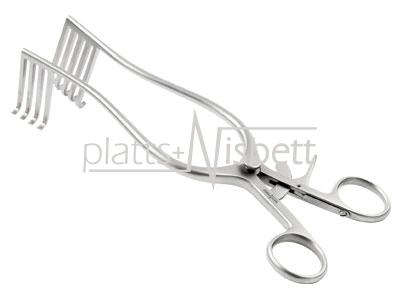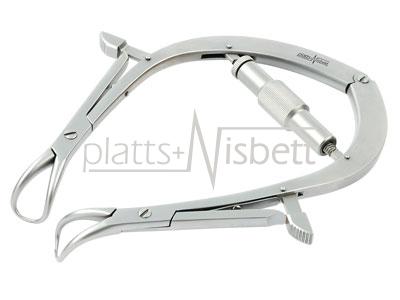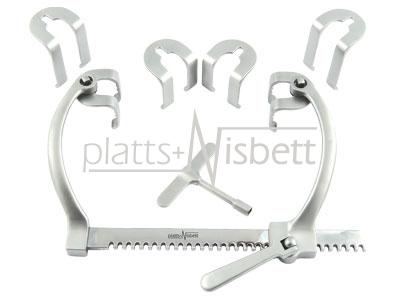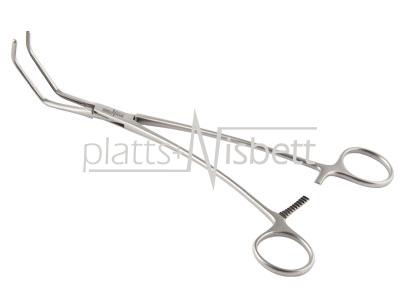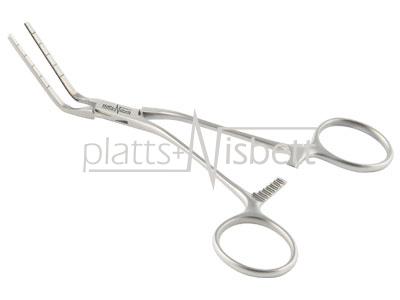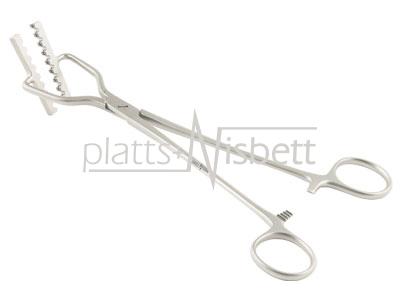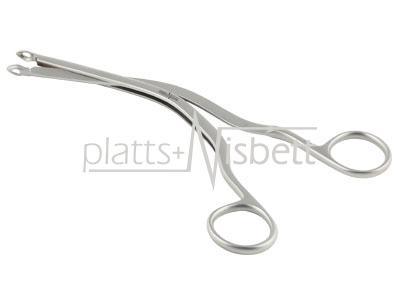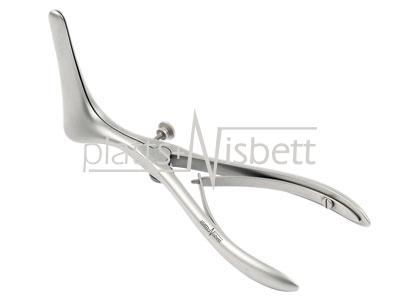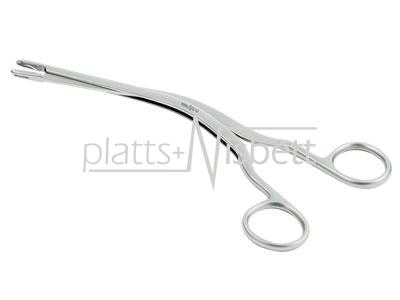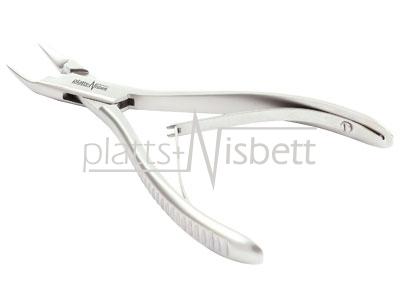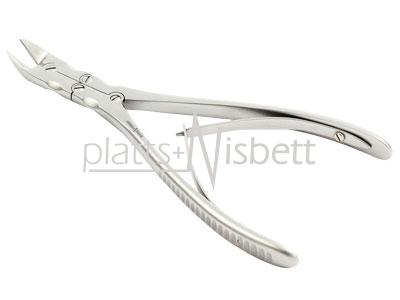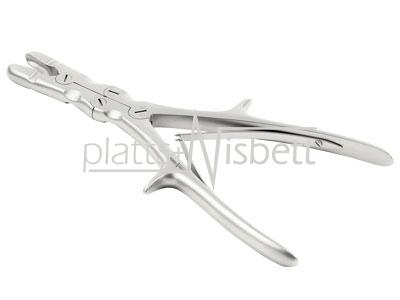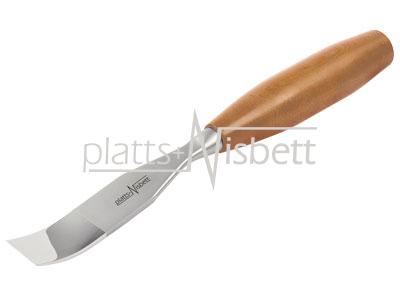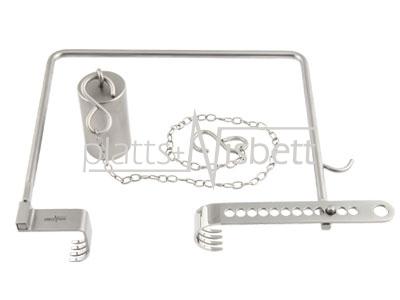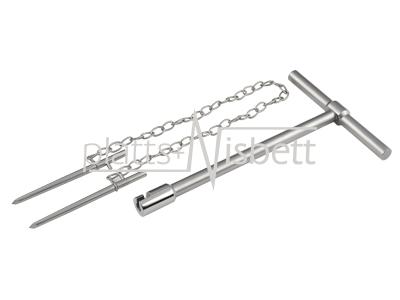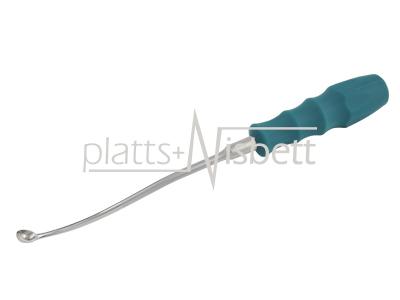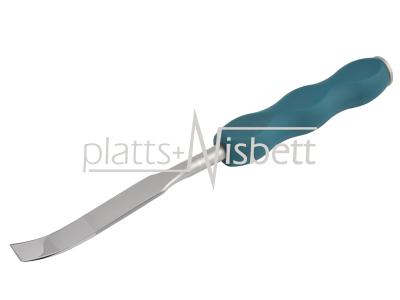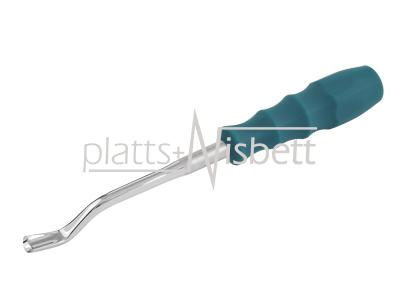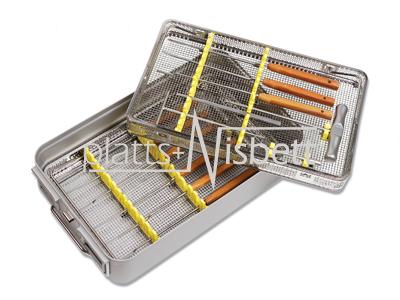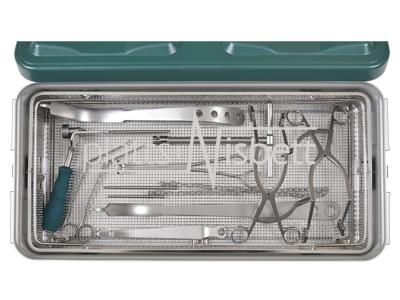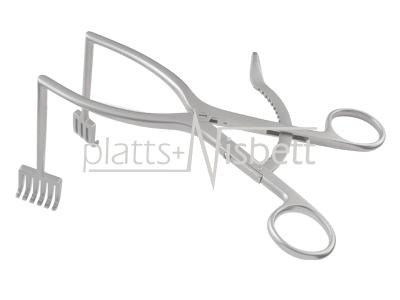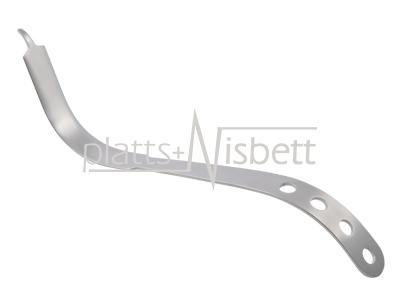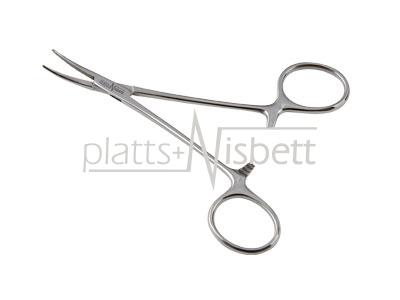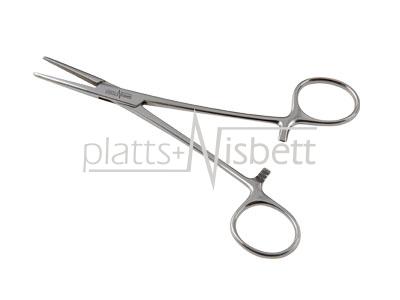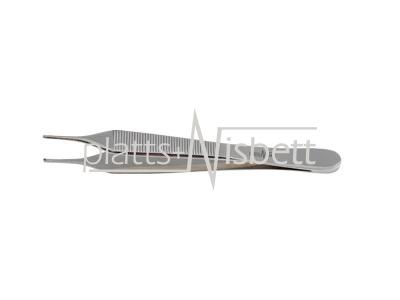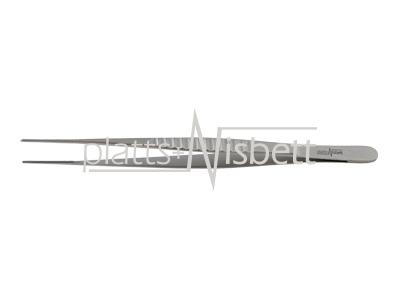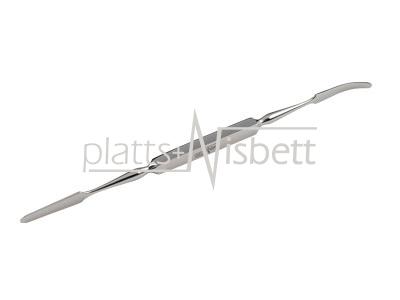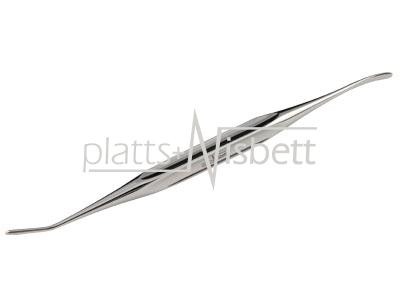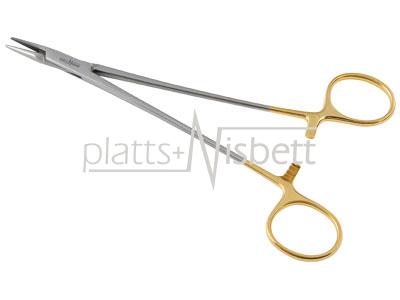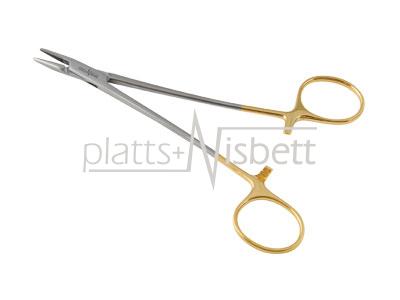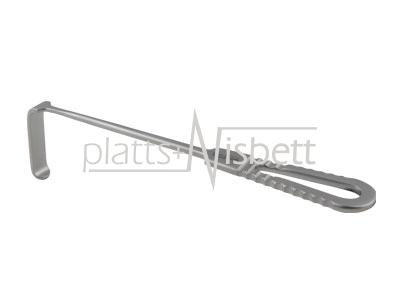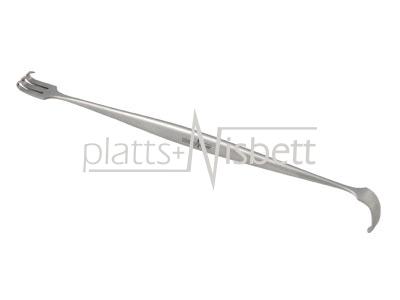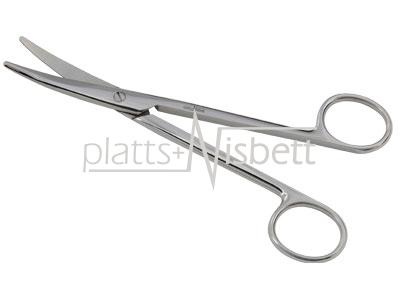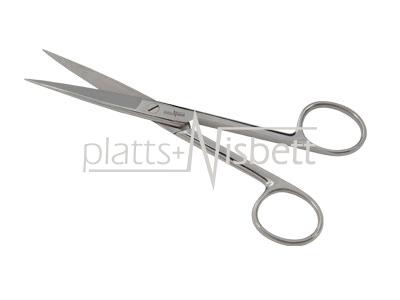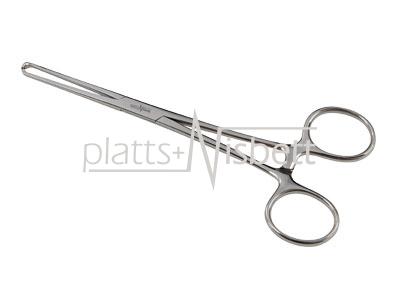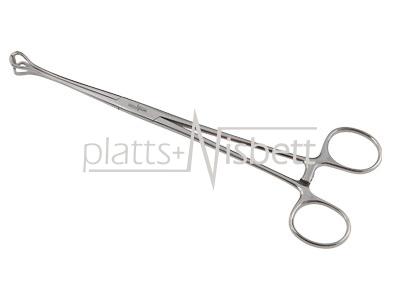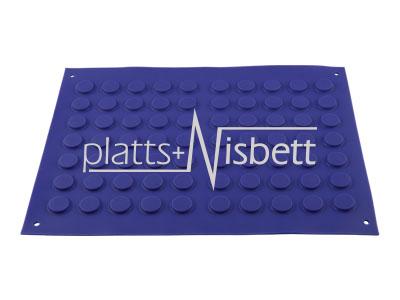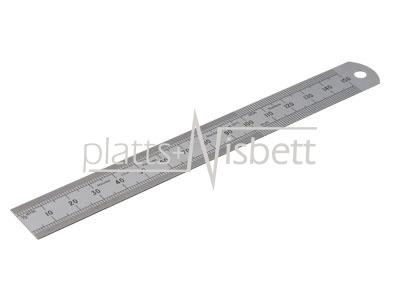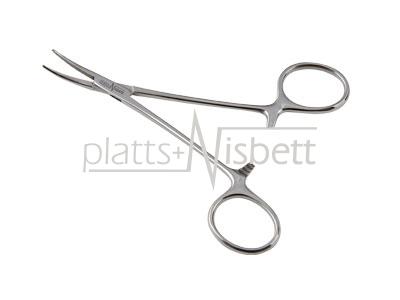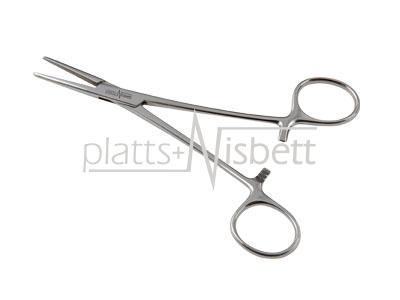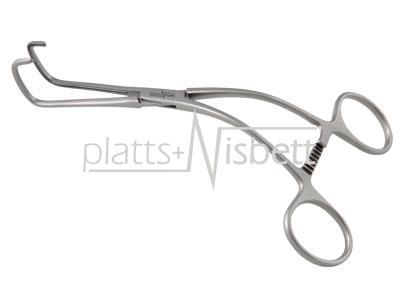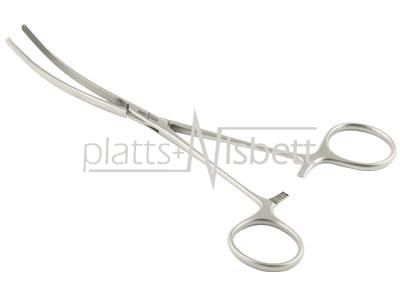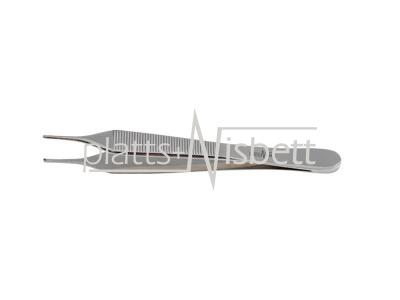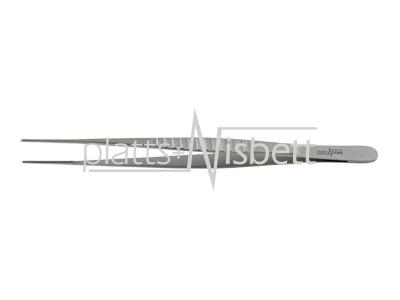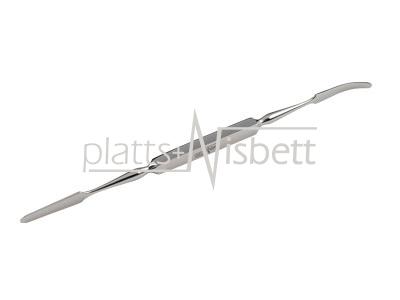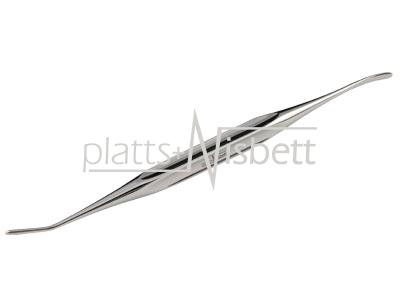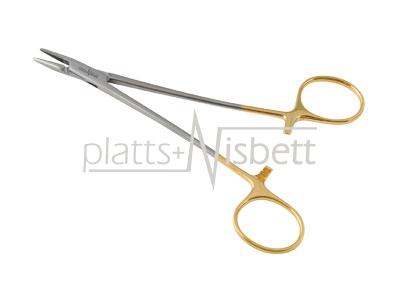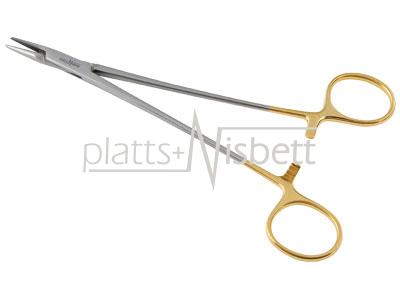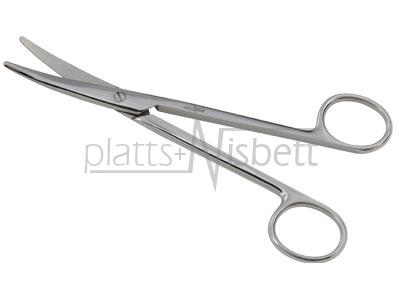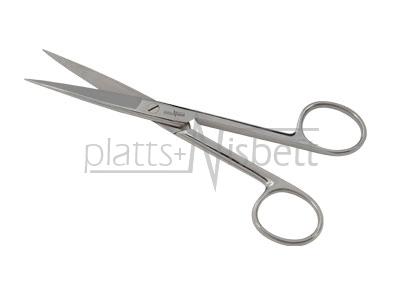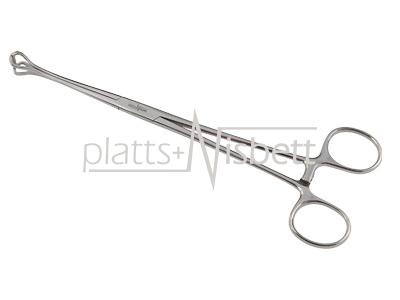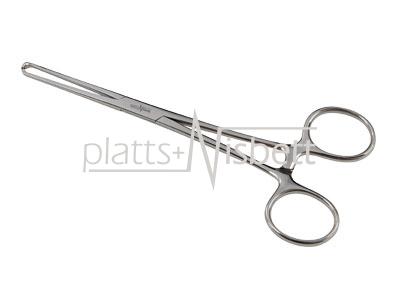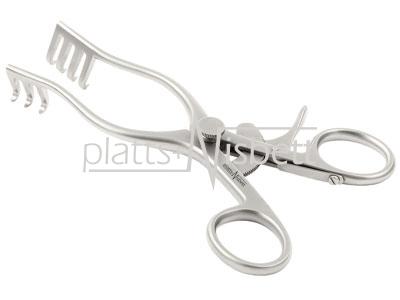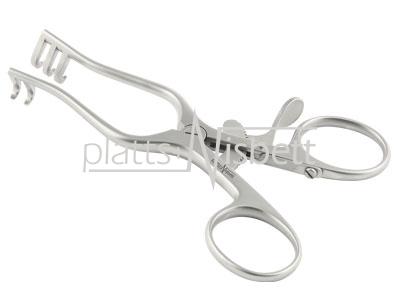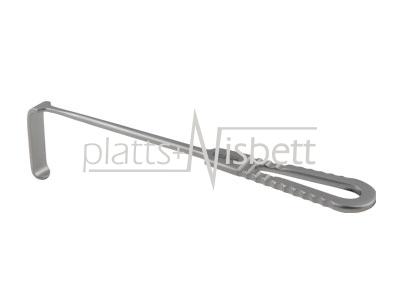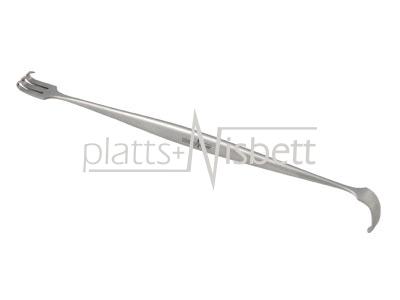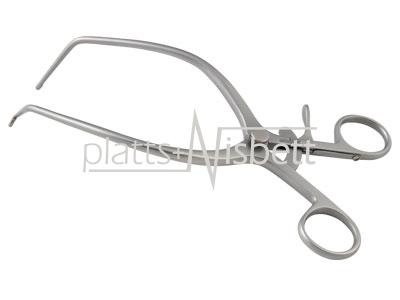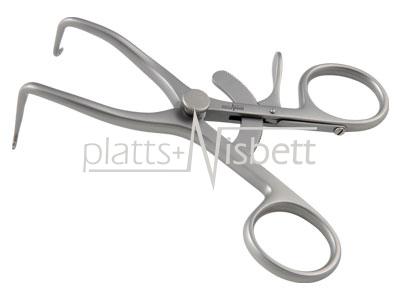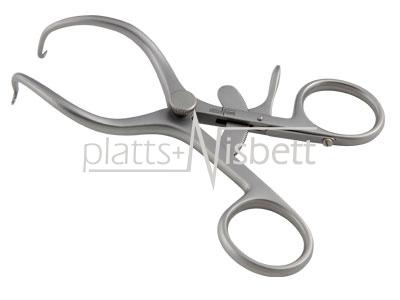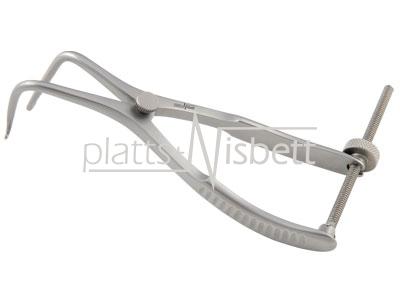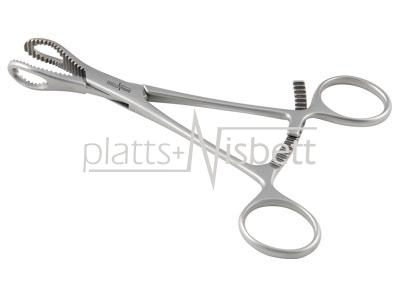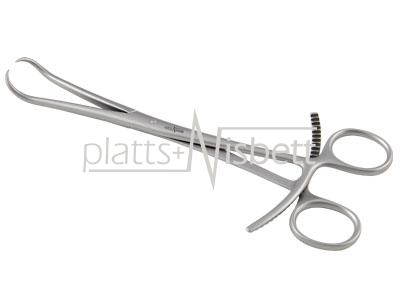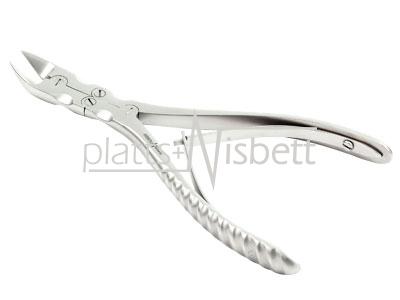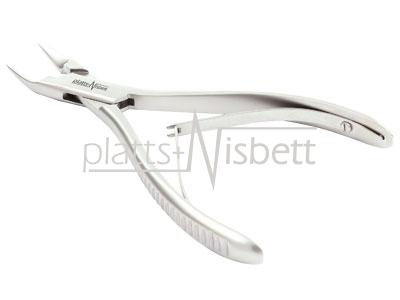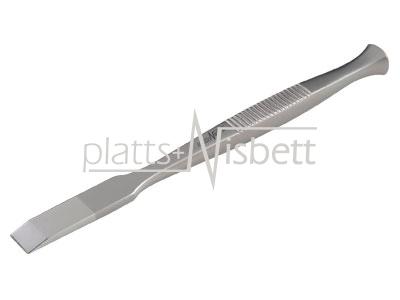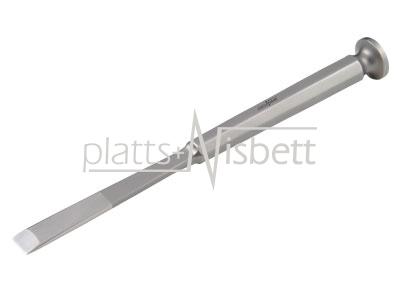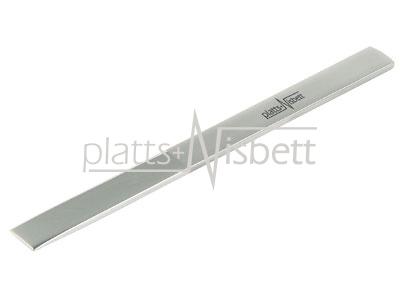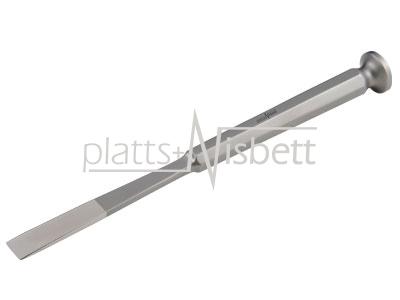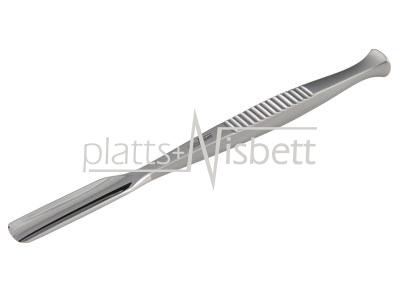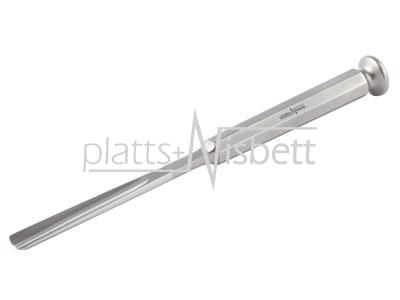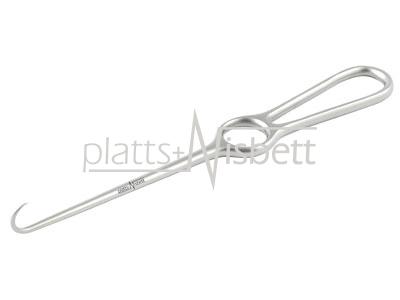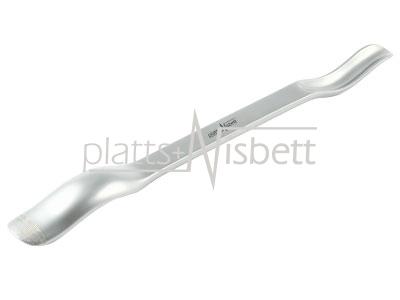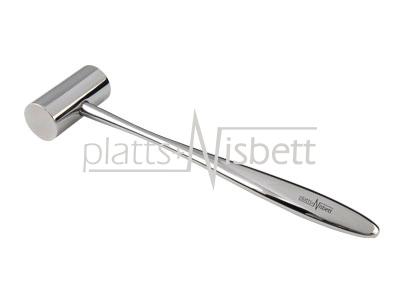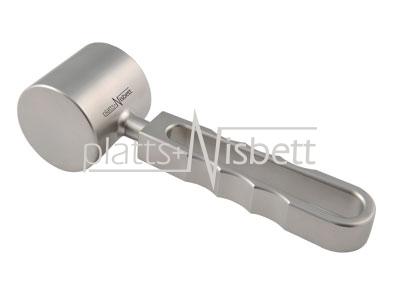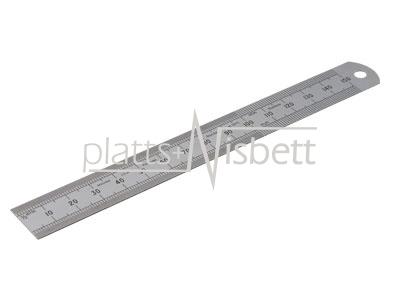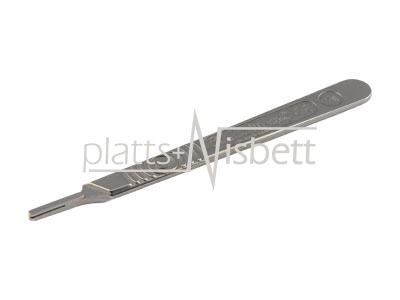Sheffield’s Women of Steel
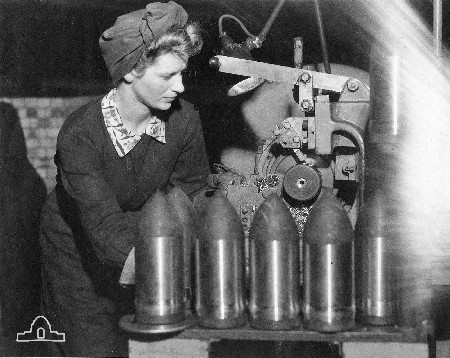
The Sheffield Steel industry is famous around the world, with its factories being vital to Britain’s wartime success. During both World Wars, women were drafted in to keep the steel works running, doing jobs which had previously been carried out by men. When the men of Sheffield were called up to fight it fell to the women of the city to keep the steel mills working, with thousands balancing family life with working in heavy industry. The work they undertook was both back breaking and dangerous, and many women risked their lives. Some of these women still bear the physical scars from accidents caused by molten metal. The role played by these women has largely gone unrecognised, but without them our wartime effort would have ground to a halt. During the war Britain needed steel in order to keep the forces armed, and these women worked on as the bombers targeted Sheffield. Without their effort there would have been no planes, tanks or bullets.
During the First World War women travelled day after day to make shell casings. The work was hard and the air was filled with sulphurous fumes that affected the lungs and coloured their skin yellow. They were sometimes known as ‘The Canary Girls’.
One woman recalled her experience, “We didn’t go to the air raid shelters when the sirens went…we had to keep working. It was scary but you got used to it. If they were pouring molten metal the whole place went red and you could see it miles away, but there was only one occasion we went to the shelters. That time we just had to take our chance and run…”
When wartime came to an end it signalled the end of their careers, as they were unceremoniously fired from their jobs in the factories. It left a bitter taste as the crucial part they played was never recognised until recently. A campaign initially started by The Sheffield Star, a local newspaper, has now received backing from the government, and in January 2010 four of the women attended Downing Street to meet the Prime Minister and gain official recognition for their services. More than 120 women, all aged between 83 and 101 now have their name on the roll of honour. They are delighted that action has finally been taken to recognise their efforts in the steel and munitions industries of more than sixty years ago.
A commemorative plaque has recently been unveiled in Sheffield by four of the Women of Steel, along with a female apprentice from Sheffield’s Steel industry and local dignitaries. The plaque is to honour and respect these women for the crucial contribution they made to the war effort. Sheffield City Council now has plans to work on a longer term project for a Women of Steel statue in the city centre.
